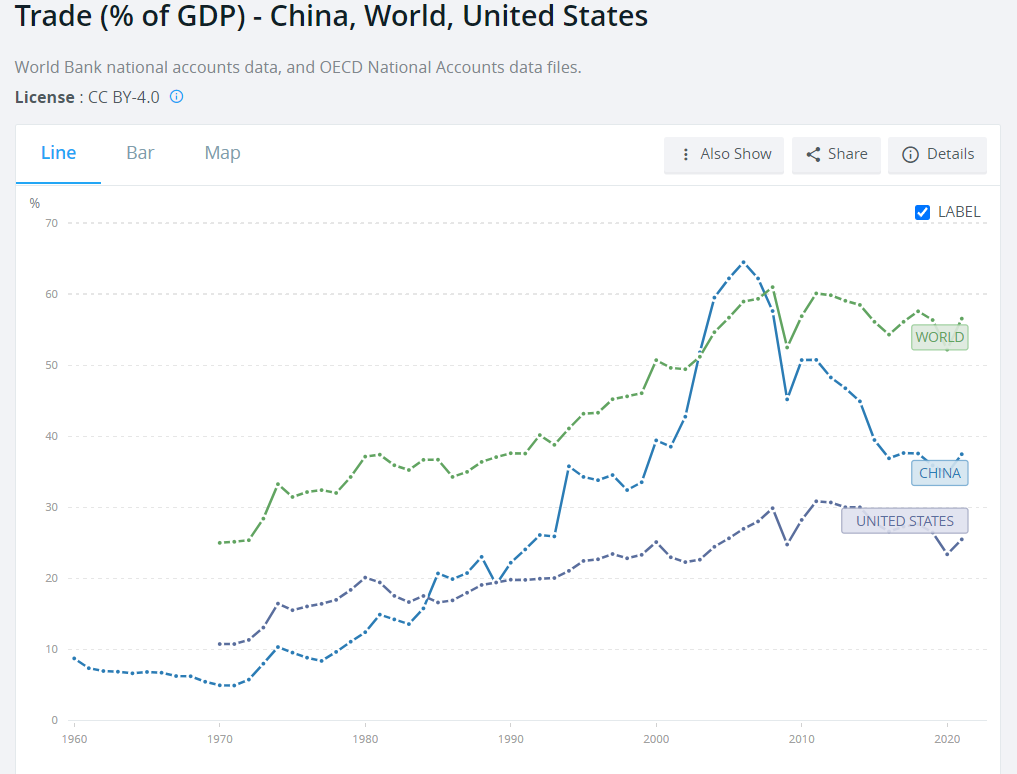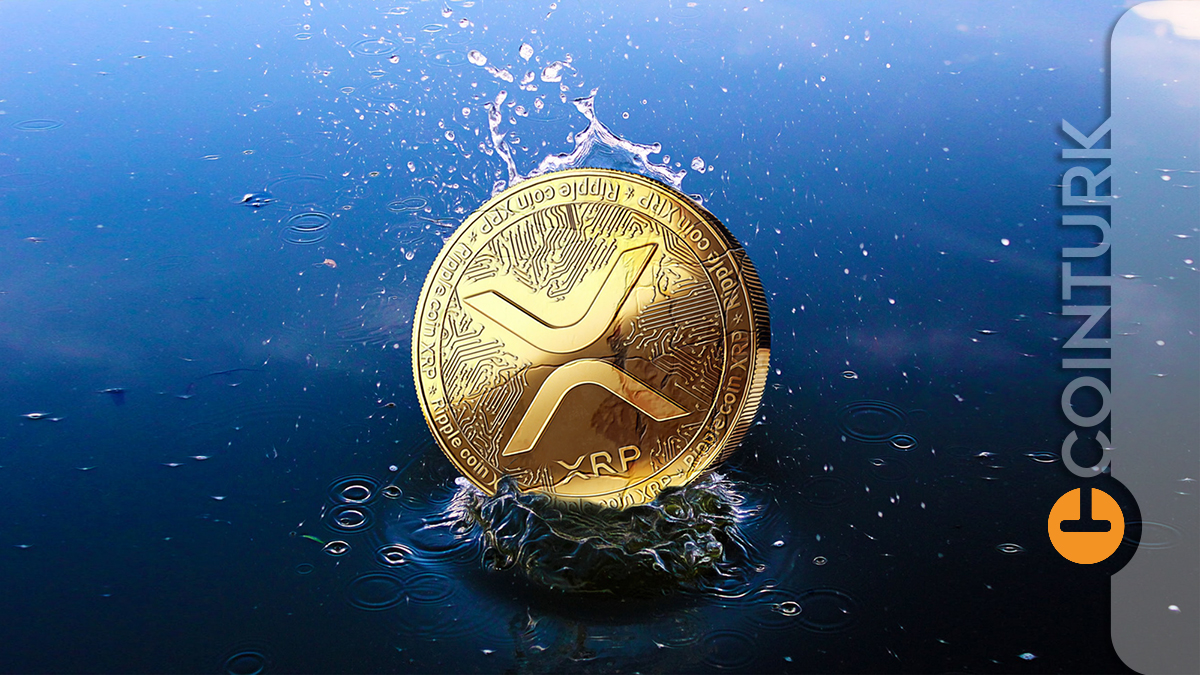The Great Decoupling And The Future Of Globalization

Table of Contents
Drivers of the Great Decoupling
The Great Decoupling is not a singular event but rather a confluence of factors that have progressively weakened the interconnectedness of the global economy. Several key drivers are shaping this new reality:
-
Geopolitical Tensions: Rising geopolitical tensions, especially the increasingly strained relationship between the US and China, are a primary catalyst. This has led to a focus on economic diversification and a reduced reliance on single-sourcing from potentially adversarial nations. The trade war between these two economic giants exemplifies this trend, forcing businesses to rethink their global supply chain strategies and explore alternative sourcing options.
-
The Pandemic's Impact: The COVID-19 pandemic exposed the fragility of hyper-globalized supply chains. Lockdowns, border closures, and transportation disruptions revealed the vulnerabilities inherent in relying heavily on just-in-time manufacturing and long, complex supply chains. This spurred calls for greater resilience and regionalization.
-
Protectionist Policies and Trade Wars: Increasing protectionist policies and trade wars implemented by various nations are creating significant barriers to free trade. Tariffs, sanctions, and other trade restrictions incentivize companies to move production closer to their target markets or to regions perceived as more politically stable. This adds a significant layer of complexity to global trade and contributes directly to deglobalization.
-
Rise of Nationalism: The rise of nationalism and concerns over national security are influencing government policies. Many nations are prioritizing domestic industries and reducing dependence on foreign suppliers, particularly for essential goods and technologies. This “reshoring” trend further contributes to the decoupling of global economies.
Impact on Global Supply Chains
The Great Decoupling has profound implications for global supply chains, forcing businesses to adapt and re-evaluate their strategies. We're seeing several key changes:
-
Nearshoring and Reshoring: Companies are actively pursuing nearshoring (relocating production to nearby countries) and reshoring (bringing production back to the home country) to mitigate risks associated with long, complex supply chains. This reduces lead times, improves responsiveness, and enhances supply chain resilience.
-
Increased Logistics Costs: The complexity introduced by geopolitical uncertainties and disruptions is driving up logistics and transportation costs. This incentivizes regionalization, as businesses seek to minimize transport distances and related expenses. This cost increase also makes global trade less efficient and less competitive.
-
Manufacturing Relocation: We see significant manufacturing relocation to countries perceived as having lower geopolitical risk and greater political stability. This shift in production patterns is re-shaping the global manufacturing landscape and creating new opportunities in some regions while leaving others behind.
-
Supply Chain Diversification: While costly, supply chain diversification is becoming increasingly necessary. Spreading production across multiple regions and sources reduces the impact of disruptions in any single location, although it adds complexity and increases management overhead.
The Future of Globalization
The Great Decoupling doesn't necessarily signal the end of globalization, but rather a transformation. The future is likely to be characterized by:
-
A Multipolar World: The future of globalization will likely be shaped by a multipolar world with greater regional economic integration. The dominance of a single global power is diminishing, leading to a more fragmented and less centralized system.
-
Increased Importance of Regional Trade Agreements: As countries seek to deepen economic ties within specific regions, regional trade agreements (RTAs) will gain prominence. These agreements will likely prioritize regional cooperation and integration over comprehensive global agreements.
-
Technological Advancements Reshaping Value Chains: Technological advancements such as automation, artificial intelligence, and advanced manufacturing technologies will continue to reshape global value chains, potentially mitigating some of the challenges posed by decoupling.
-
Focus on Sustainable Globalization: There will be an increasing focus on sustainable and ethical globalization practices, including environmental considerations, fair labor standards, and responsible sourcing.
-
The Crucial Role of Global Governance: The role of global governance in navigating the complexities of a decoupling world will become even more crucial. International cooperation will be essential in managing trade disputes, setting standards, and addressing shared challenges.
Conclusion
The Great Decoupling represents a profound shift in the global economic landscape. Driven by geopolitical tensions, pandemic-induced vulnerabilities, and protectionist policies, it is reshaping global supply chains and prompting a move towards greater regionalization. While challenges undoubtedly remain, opportunities also exist for businesses and governments to build more resilient and sustainable economic models. Understanding the implications of the Great Decoupling is crucial for navigating the changing global economic environment. Learn more about the impact of the Great Decoupling on your business and explore strategies for building resilient global supply chains. Stay informed on the latest developments regarding the Great Decoupling and the future of globalization.

Featured Posts
-
 The China Factor Examining The Automotive Industrys Dependence And Risks
May 08, 2025
The China Factor Examining The Automotive Industrys Dependence And Risks
May 08, 2025 -
 Liga Chempionov 2024 2025 Predvaritelniy Obzor Polufinalov Arsenal Ps Zh Barselona Inter
May 08, 2025
Liga Chempionov 2024 2025 Predvaritelniy Obzor Polufinalov Arsenal Ps Zh Barselona Inter
May 08, 2025 -
 Finding A Veteran Replacement For Taj Gibson On The Hornets
May 08, 2025
Finding A Veteran Replacement For Taj Gibson On The Hornets
May 08, 2025 -
 Kripto Lider Kripto Para Duenyasinda Yeni Bir Devir Mi
May 08, 2025
Kripto Lider Kripto Para Duenyasinda Yeni Bir Devir Mi
May 08, 2025 -
 Xrps Future The Impact Of Secs Commodity Debate
May 08, 2025
Xrps Future The Impact Of Secs Commodity Debate
May 08, 2025
Latest Posts
-
 Andor Season 2 Trailer Delay Fueling Fan Frustration And Theories
May 08, 2025
Andor Season 2 Trailer Delay Fueling Fan Frustration And Theories
May 08, 2025 -
 Andor Season 1 Where To Stream Episodes 1 3 Hulu And You Tube
May 08, 2025
Andor Season 1 Where To Stream Episodes 1 3 Hulu And You Tube
May 08, 2025 -
 Andors First Look Everything We Hoped For And More In The Star Wars Universe
May 08, 2025
Andors First Look Everything We Hoped For And More In The Star Wars Universe
May 08, 2025 -
 Watch Andor Season 1 Episodes 1 3 Hulu And You Tube Streaming Options
May 08, 2025
Watch Andor Season 1 Episodes 1 3 Hulu And You Tube Streaming Options
May 08, 2025 -
 Andor First Look Delivers On Decades Of Star Wars Teases
May 08, 2025
Andor First Look Delivers On Decades Of Star Wars Teases
May 08, 2025
